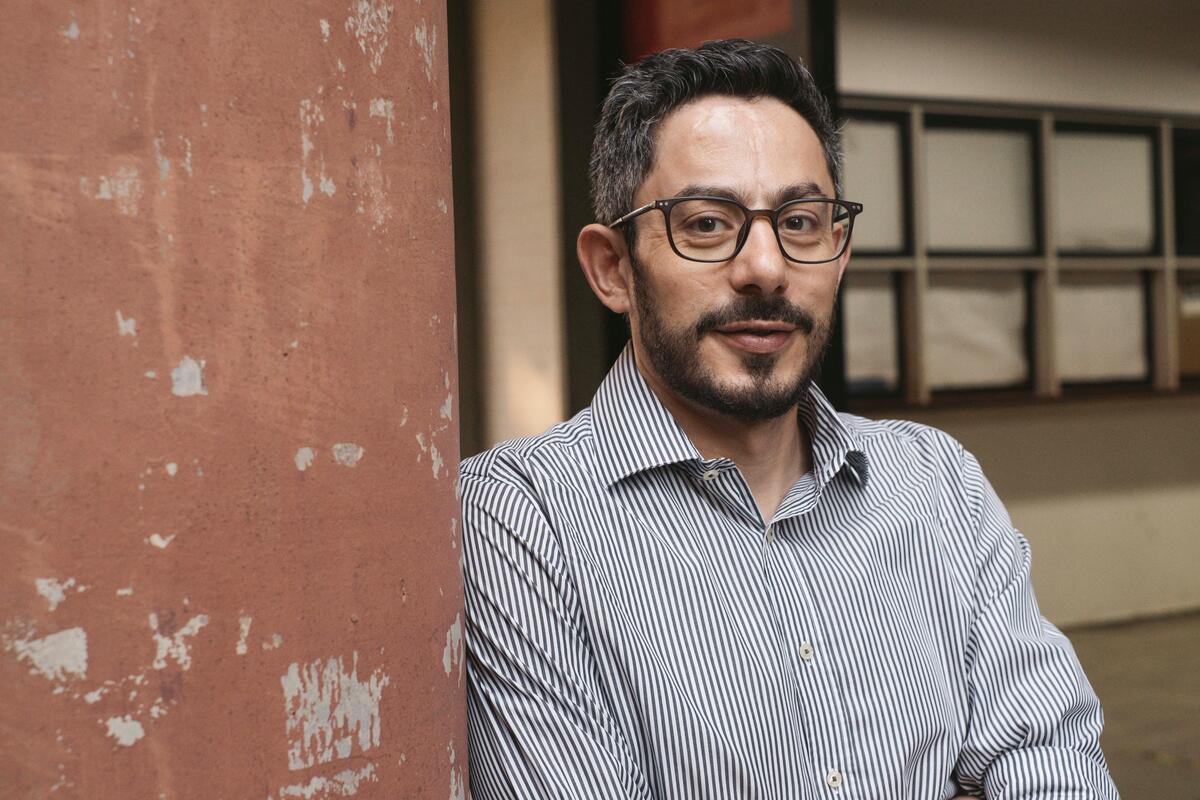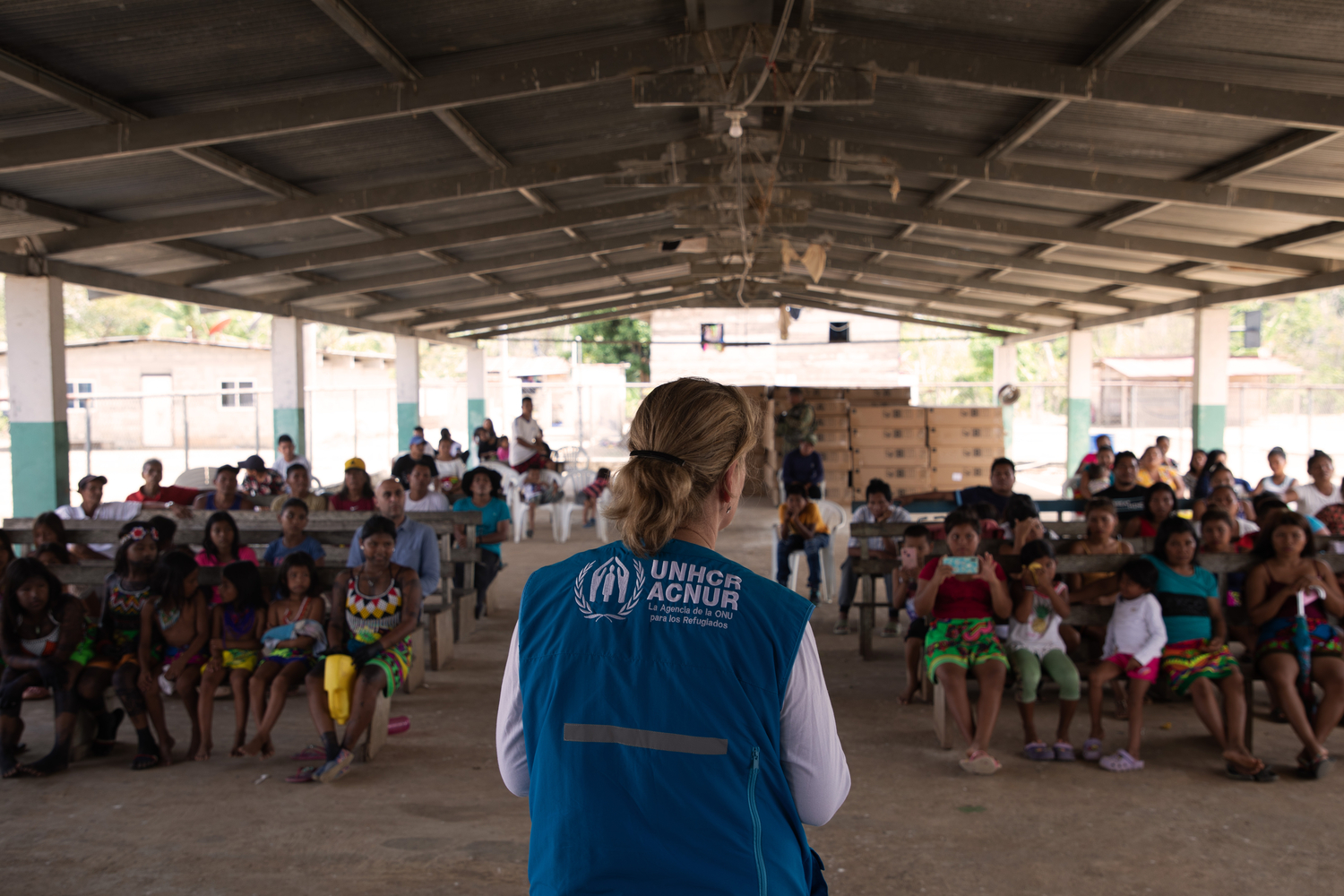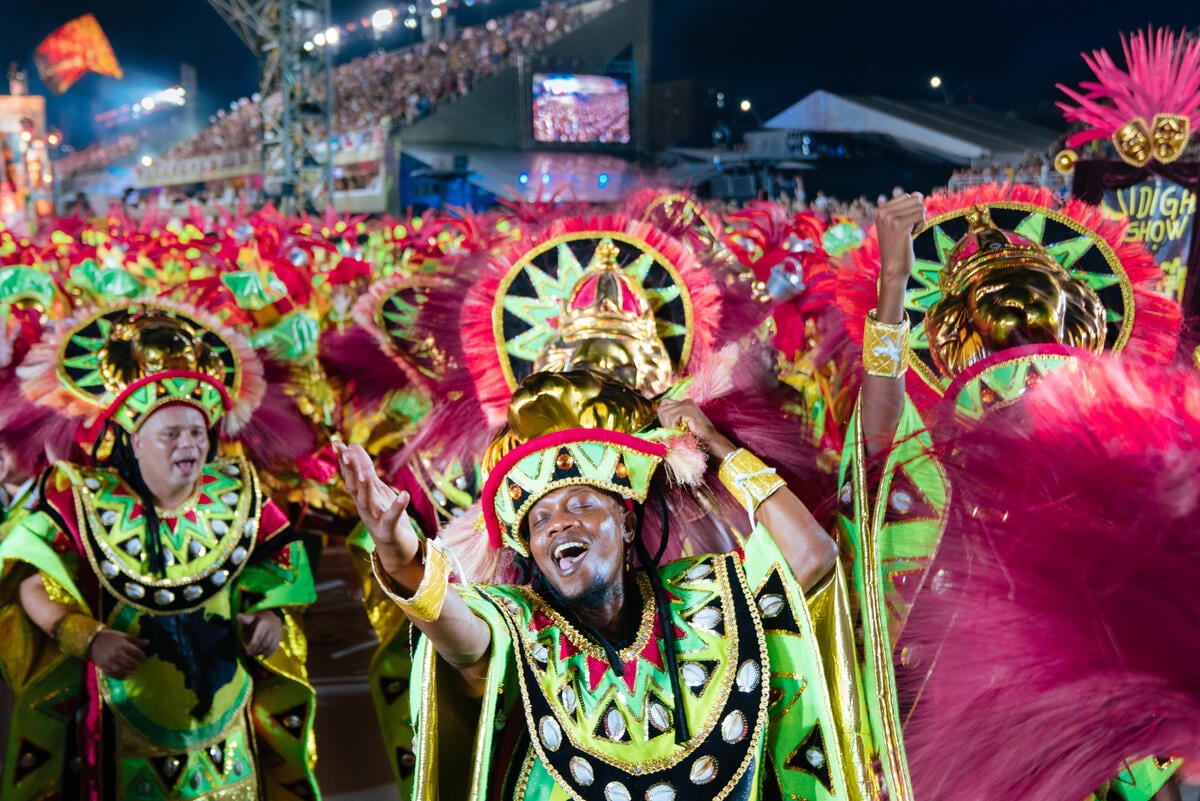The changing profile of refugees arriving in Brazil's Amazonian heart
The changing profile of refugees arriving in Brazil's Amazonian heart

MANAUS, Brazil, October 24 (UNHCR) - With a master's degree in geology, Carlos* used to live a comfortable, stress-free life with good long-term prospects as an employee in the state-run mining sector of the Democratic Republic of Congo (DRC).
Today, his homeland lies on the other side of a vast ocean and he struggles to earn a living teaching French in the heart of the Amazon. "The loneliness is torturing me," the refugee tells UNHCR visitors in the Brazilian city of Manaus.
Carlos's mining career came to an abrupt halt when he was sent by the DRC government to mediate in a bitter row in 2009 between two communities over management of fish ponds that eventually left tens of thousands of people displaced in the northern province of Equateur.
During the negotiation process, Carlos ended up being accused of taking sides and began to fear for his life. He first sought shelter in the neighbouring Republic of Congo, before deciding to go much further afield in his quest for safety and the chance to rebuild his life.
With the help of a family acquaintance, he flew to South America via South Africa, finally arriving about a year ago in the Brazilian city of Manaus in the heart of the Amazon after a peripatetic journey.
But after reaching the bustling port metropolis he was surprised to find a growing population of asylum-seekers from Africa and Asia who are contributing to the diversity of the "Paris of the Tropics." Traditionally Brazil has been a refuge for people only from countries in the region, but UNHCR staff based in Manaus have noticed more so-called "extra-regionals" arriving in the past two years.
In this period, about 40 extra-regionals like Carlos have turned up in Amazonas state, of which Manaus is the capital, and applied for asylum. Most are young men coming from countries in sub-Saharan Africa, but the total also includes Bangladeshis, Iranians and Sri Lankans.
Brazilian social worker Rosa Zanchin said most of the extra-regionals who apply for asylum in Manaus cited political or religious persecution for fleeing from their home countries. Many cross into Amazonas overland or by boat from Peru or Colombia after flying to places like Ecuador.
Zanchin said many of those who made their way to Manaus said their goal was to reach faraway São Paulo, Brazil's largest city. "Others want to stay in this city and try to rebuild their lives," she added.
Father Isaías de Andrade, coordinator of Caritas Archdiocese of Manaus, said there were several factors behind the growing number of refugees and migrants arriving in Brazil from other continents.
"Brazil's international stature has strengthened its reputation as a host country," he noted, while adding that Manaus' geographic position and the porous nature of its borders had placed the city on major migration routes.
But the extra-regionals face a host of challenges. Aside from the difficulties of social and cultural integration, including mastering the Portuguese language, some asylum-seekers face uncertainty over their applications for refugee status.
Even recognized refugees face local integration difficulties. Carlos speaks Portuguese but he feels like a stranger and finding enough work to live on has been very tough. "I have a master's degree in geology, but earn my living by giving intermittent French classes. At this moment I don't have a wage that allows me to live with dignity."
UNHCR field officers based in Manaus monitor the welfare of people like Carlos and the agency also offers legal assistance to all asylum-seekers who arrive in the region. And through its partnership with Caritas, UNHCR provides emergency humanitarian assistance, vocational training courses and language lessons to ease the integration of refugees and asylum-seekers and help them become self-sufficient.
UNHCR's top official in Brazil, Andres Ramirez, noting that people continue to flee conflict and persecution around the world, said it was "no coincidence that Brazil hosts refugees from 77 nationalities on its territory."
Brazil currently has some 4,500 refugees, according to official figures. Of these, 64 per cent come from Africa, 22 per cent from the Americas and almost 11 per cent from Asia. Angola, Colombia, Democratic Republic of the Congo, Liberia and Iraq are the leading countries of origin.
In total, northern Brazil's Amazonas and Acre states host about 140 refugees (mainly Bolivians) and some 2,000 asylum-seekers of various nationalities, including many from Haiti.
* Name changed for protection reasons
By Janaína Galvão in Manaus, Brazil








